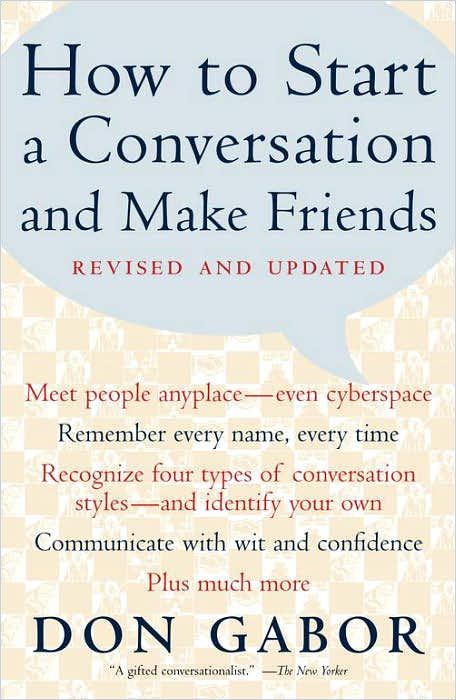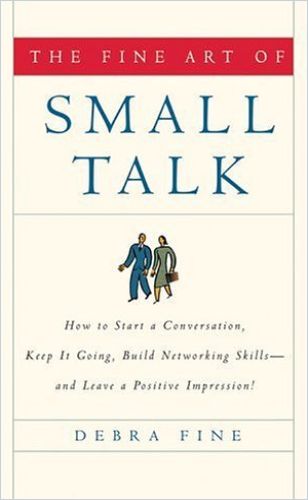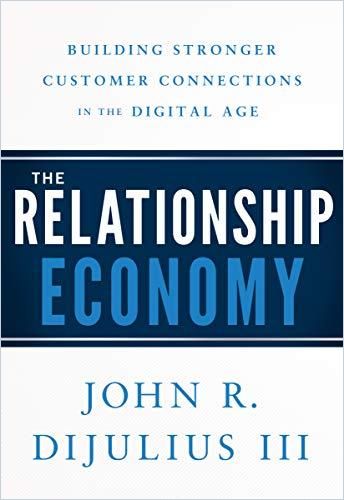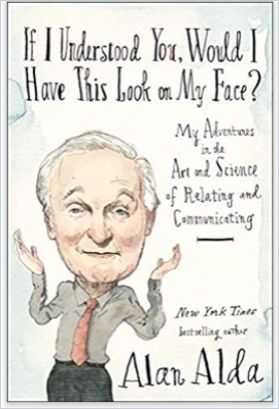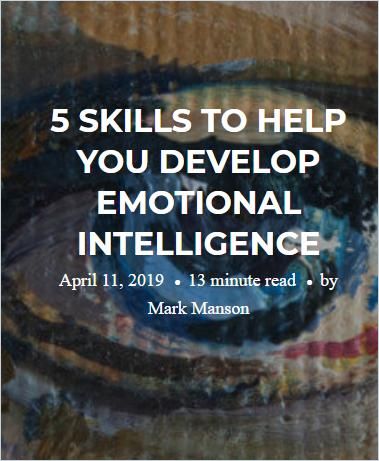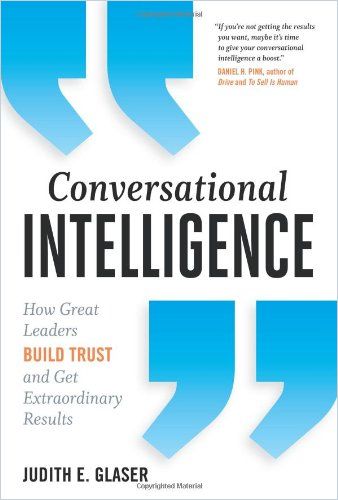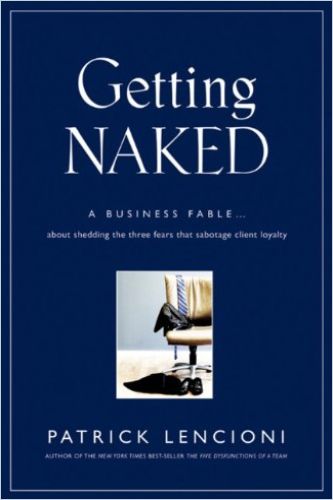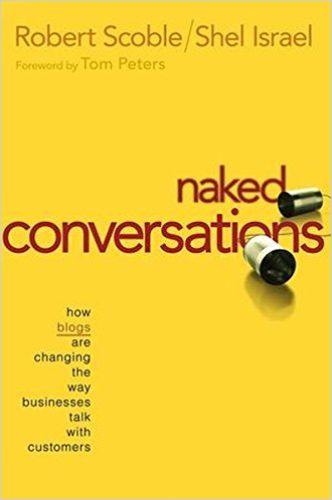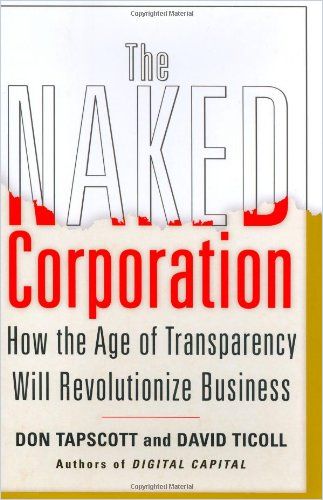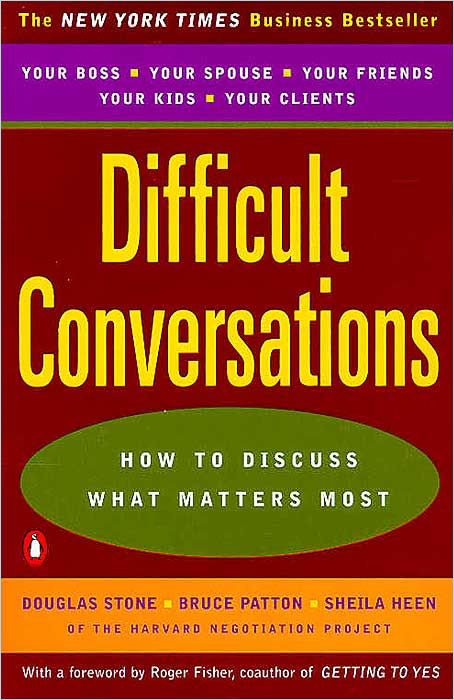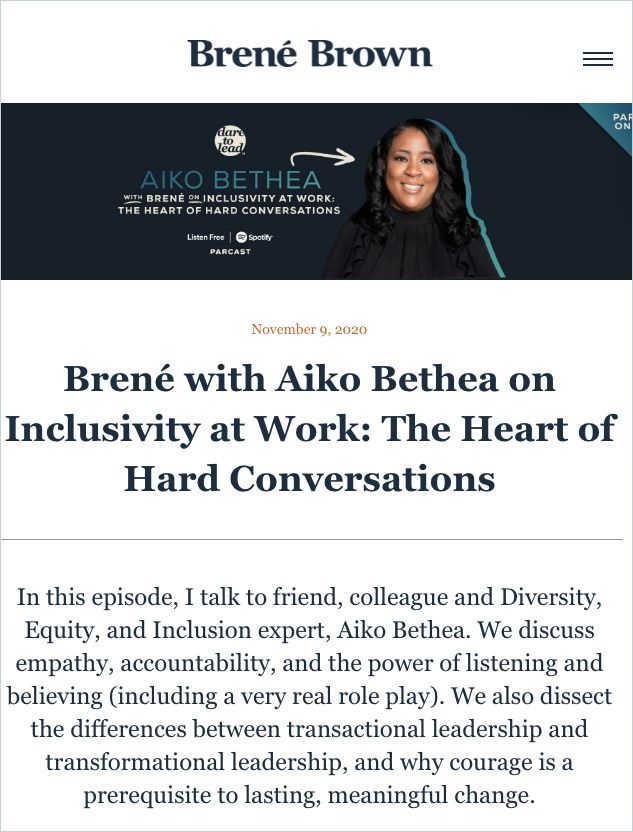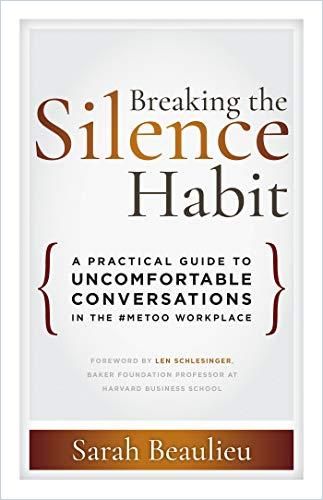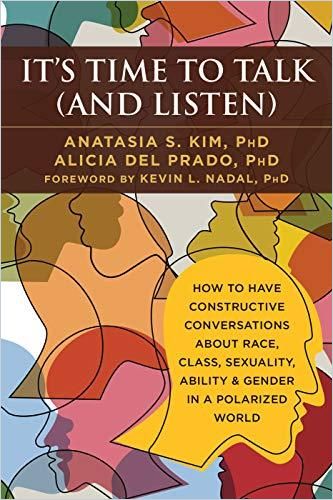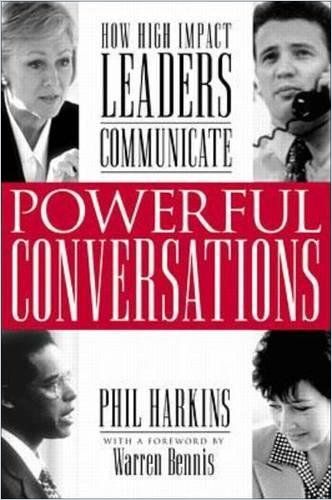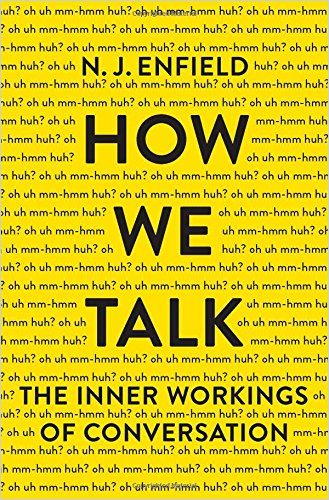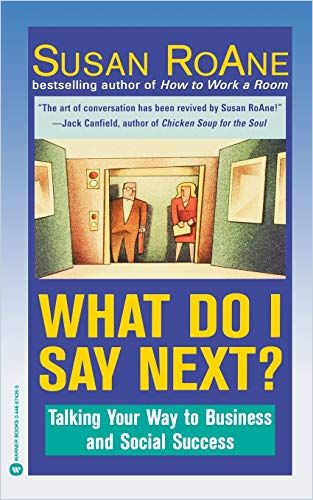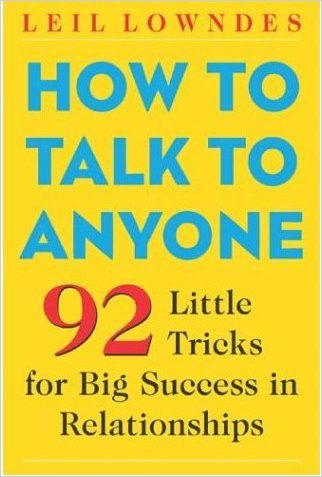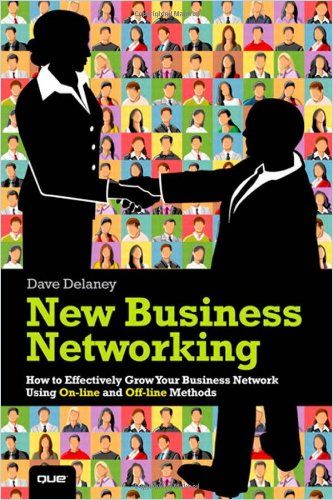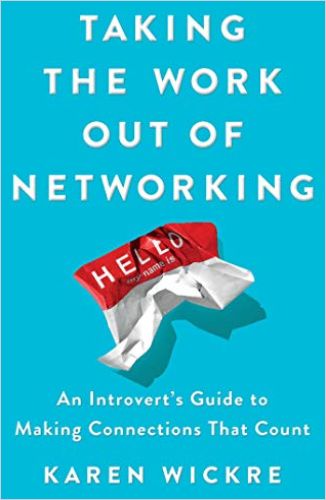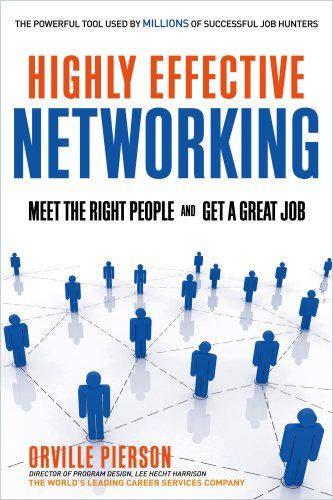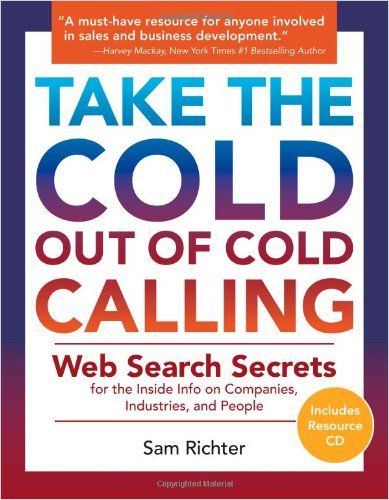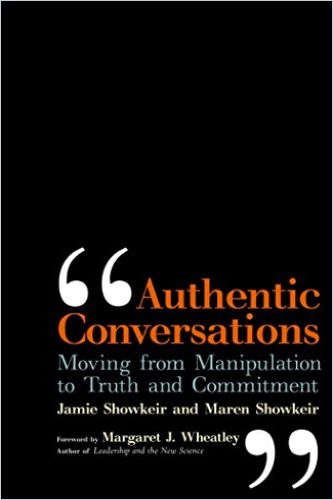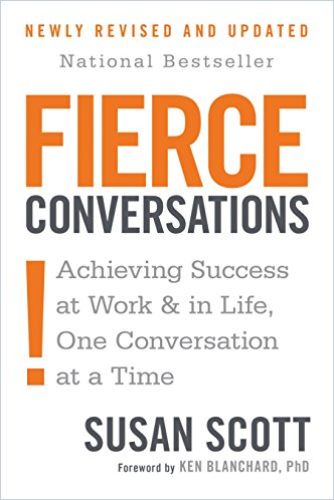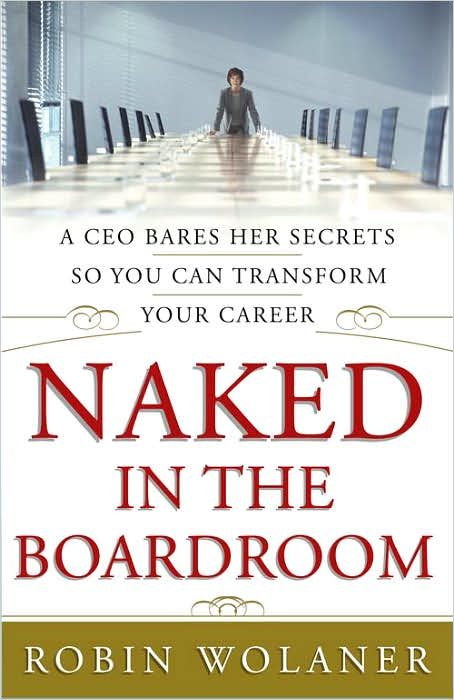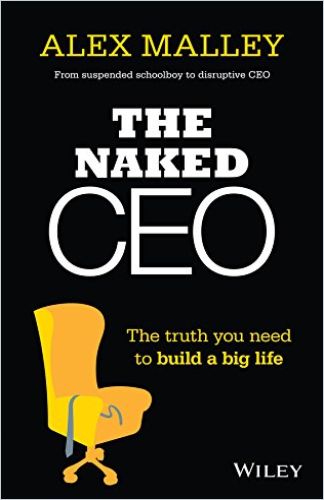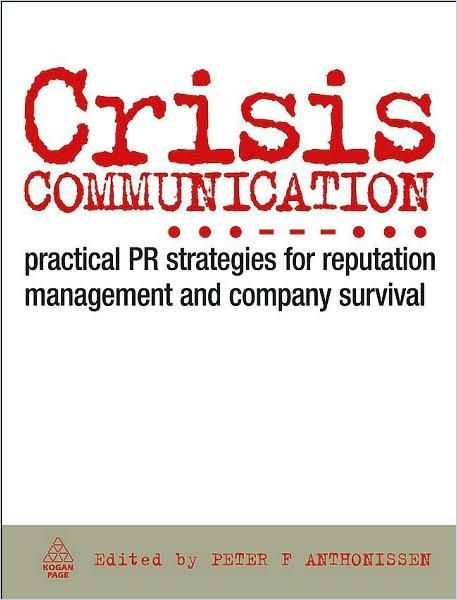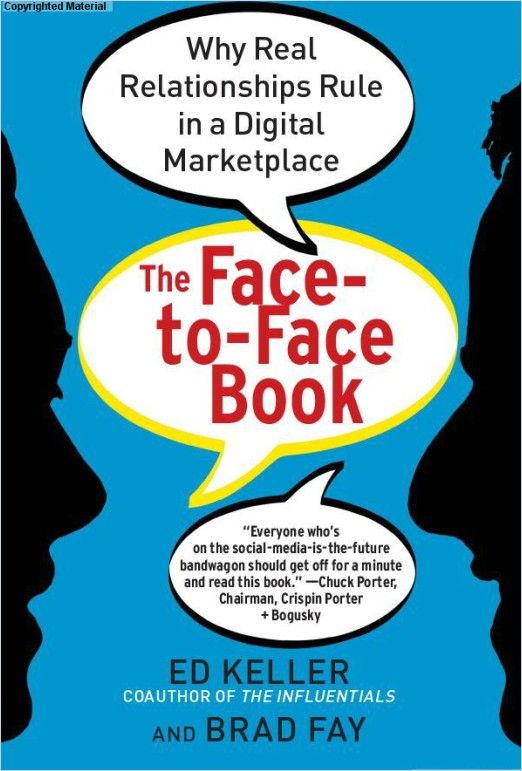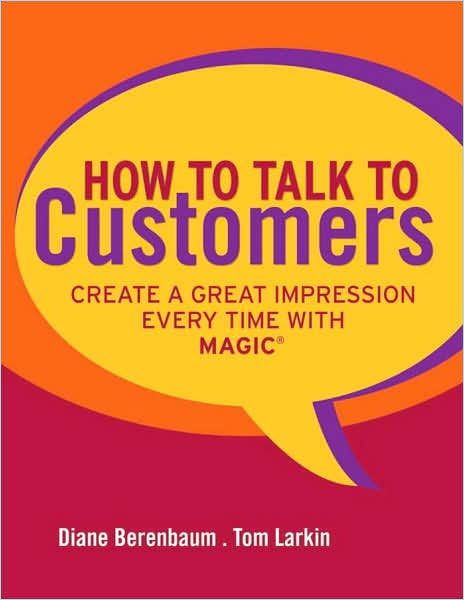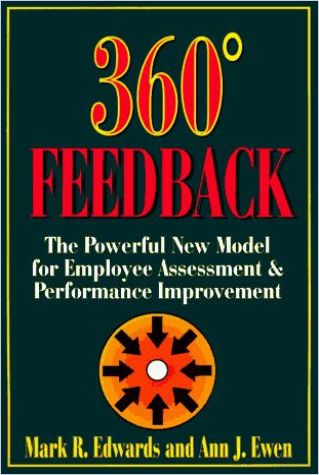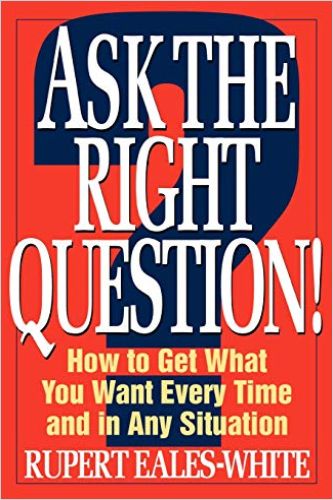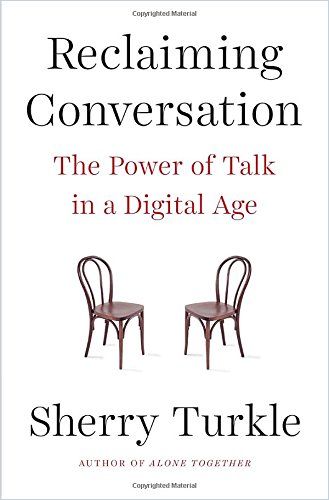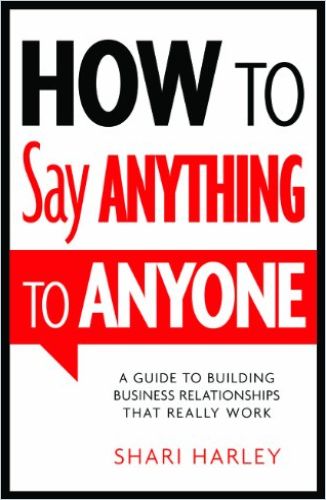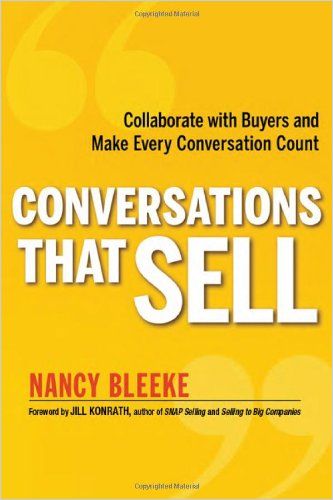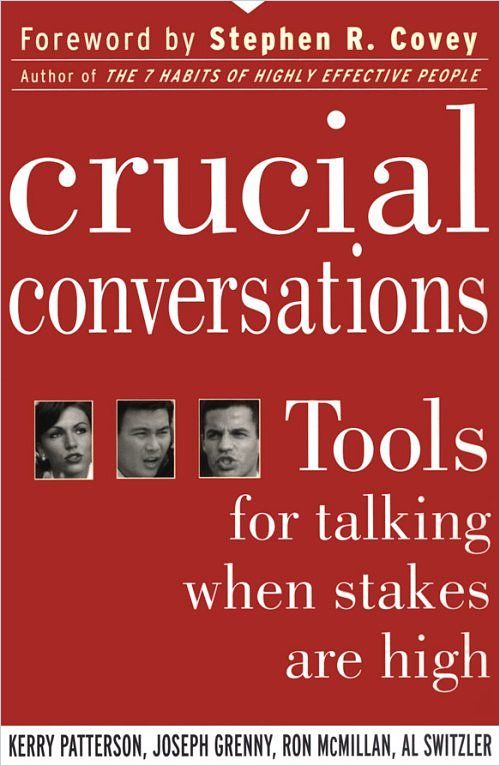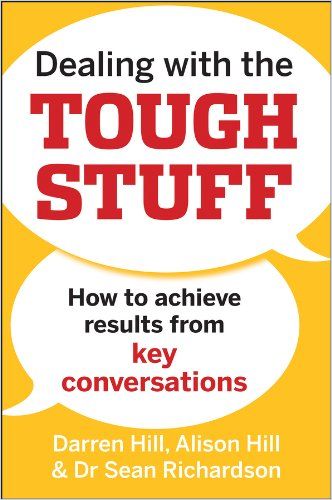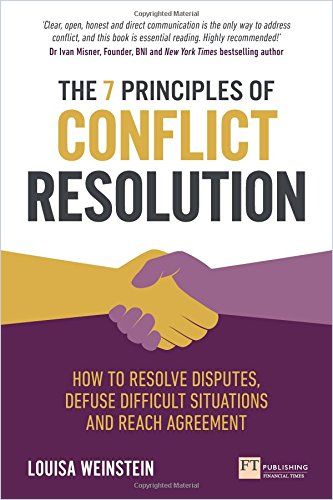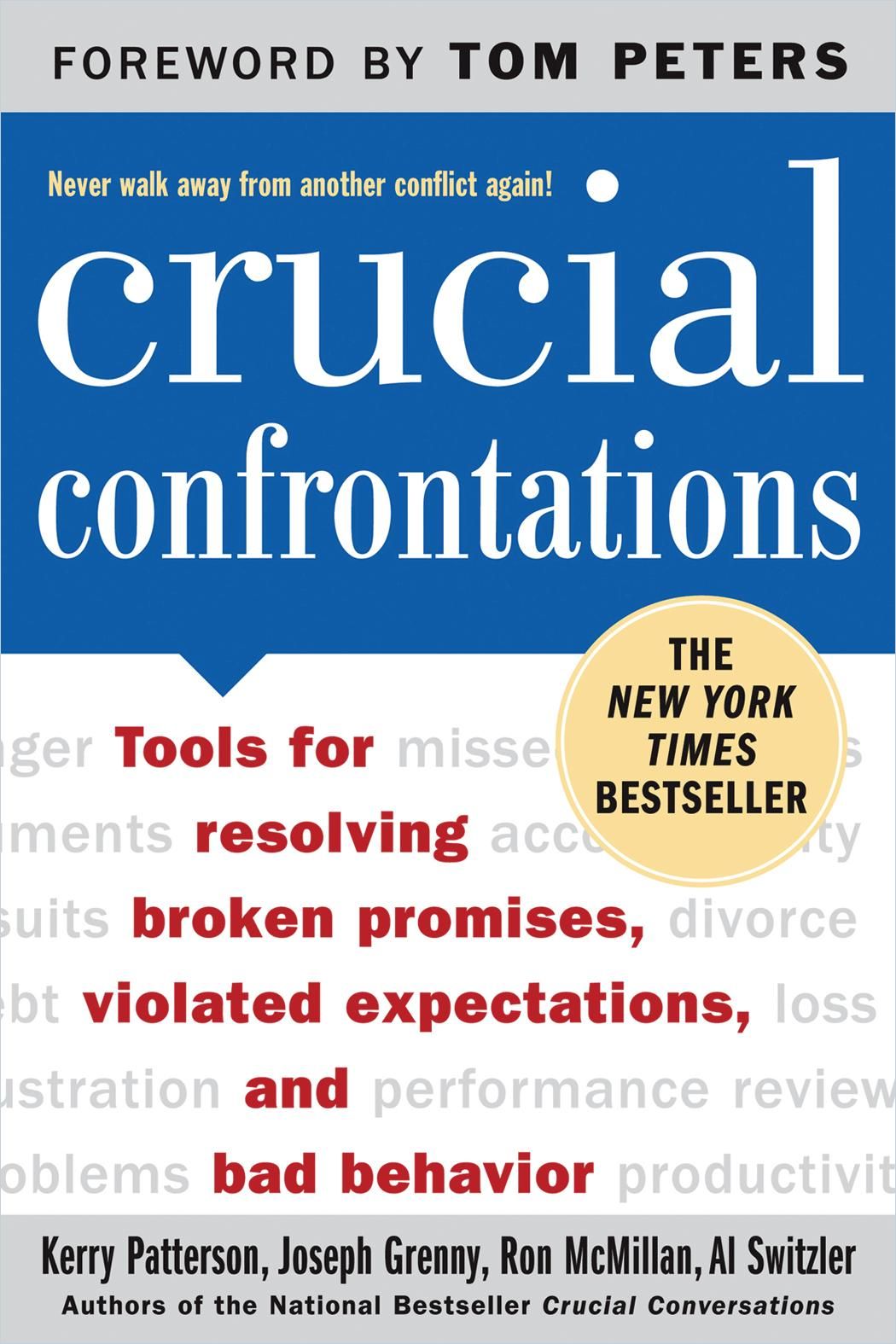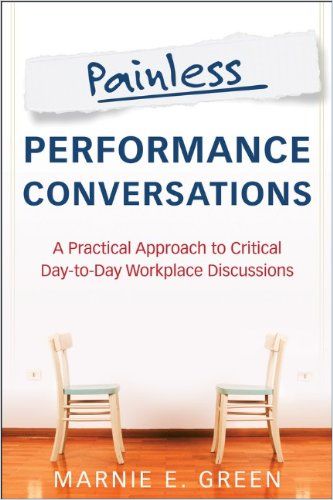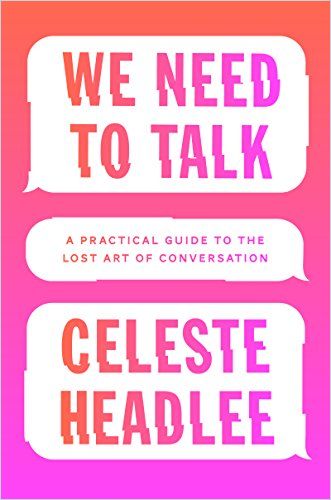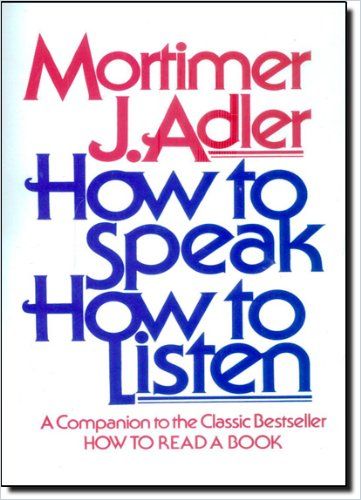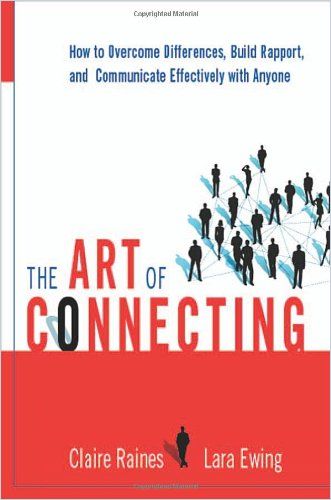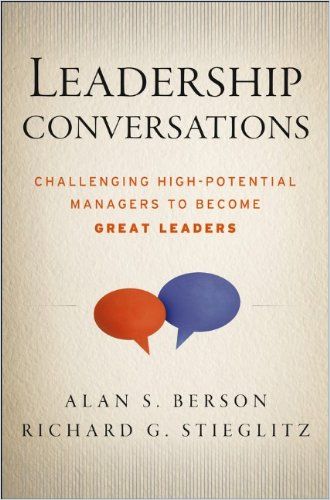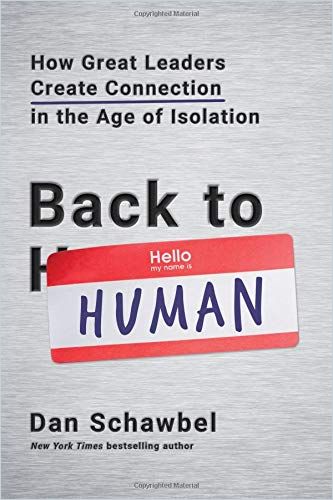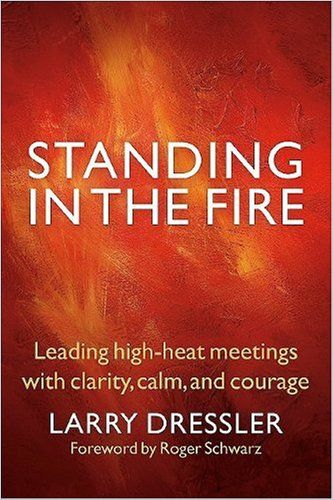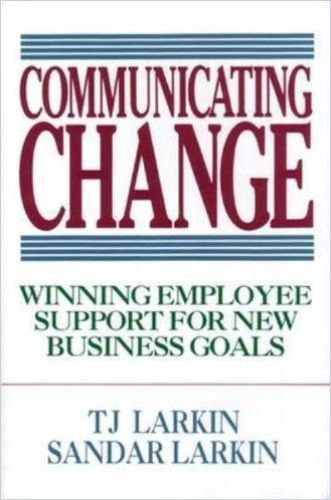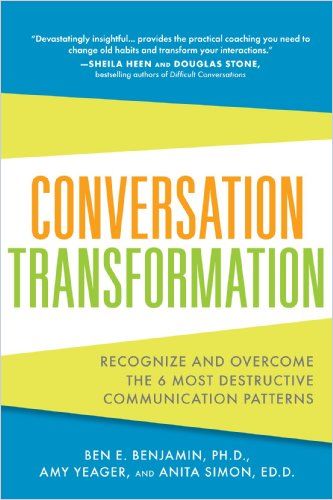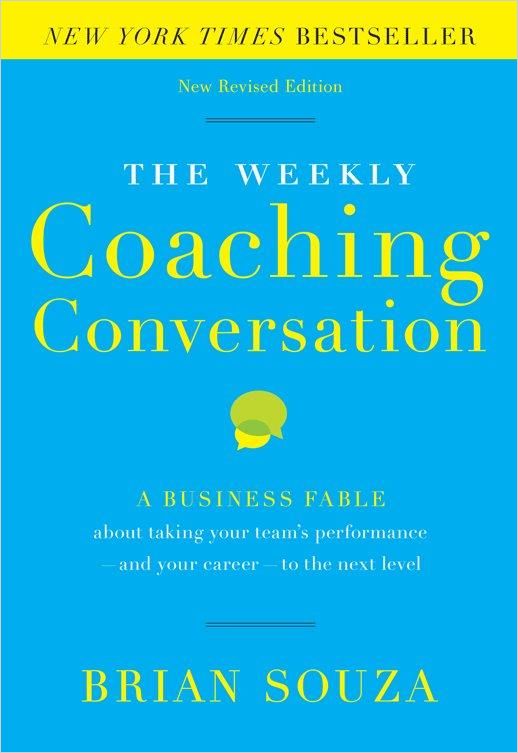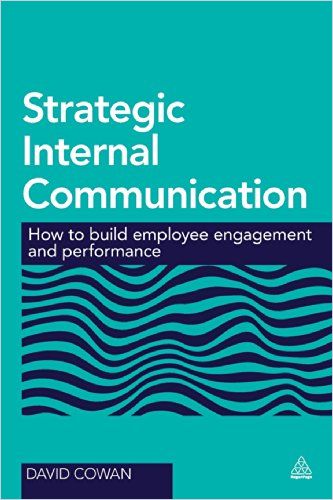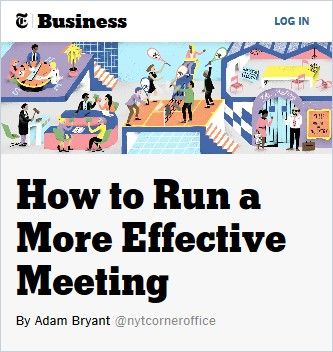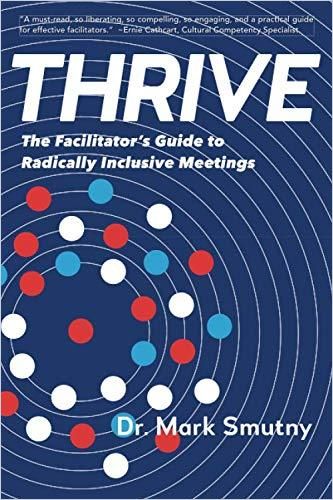Conversations are the building blocks of business, because all business starts with relationships. Most common is small talk, but at the highest levels, companies seek to engage with their customers, employees and shareholders in large, purposeful conversations.
Small Talk Is a Big Deal
Networking is an essential skill, which means talking to people you don’t already know. In How to Start a Conversation and Make Friends, author Don Gabor suggests you check your body language. Whether you realize it or not, your body is communicating to others even if you’re not talking. When you introduce yourself to others, make eye contact, smile and maintain an open and receptive posture. You want to invite conversation to continue.
Book Summary How to Start a Conversation and Make Friends
How to step away from the sidelines, get into the conversation and connect with other people.
Don Gabor Fireside Debra Fine points out in The Fine Art of Small Talk that little polite conversations in the hands of people who have practiced the art put other people at ease and generate a feeling of warmth.
Book Summary The Fine Art of Small Talk
Learn how to use small talk to ease your way into social situations and optimize your networking opportunities.
Debra Fine Hyperion Small talk is no small thing. It’s a valuable personal and professional thread that connects people.
Debra Fine
Author John R. DiJulius III recommends in The Relationship Economy falling back on “FORD” – “Family, Occupation, Recreation or Dreams” – when searching for a topic to start a conversation.
Book Summary The Relationship Economy
Relationship-centric businesses gain a unique, competitive advantage in a technology-based world.
John R. DiJulius III Greenleaf Book Group Here are some other books that offer tips on breaking the ice:
Related Summaries in getAbstract’s Library
Book Summary How to Instantly Connect with Anyone
To connect to others, make them feel good about themselves in 96 different ways.
Leil Lowndes McGraw-Hill Education Read Summary Book Summary How We Talk
Learn the linguistic secrets behind the conversations you have every day.
N. J. Enfield Basic Books Read Summary Book Summary The Golden Rule of Schmoozing
The world’s oldest business skill: The Schmooze.
Aye Jaye Sourcebooks Read Summary Book Summary Face to Face
You may love technology, but it’s the power of personal connection that will propel you to the top.
Brian Grazer Simon & Schuster Read Summary Book Summary What Do I Say Next?
Remember when your parents told you that good conversationalists pay attention, don’t interrupt, and mind their manners. Turns out, they were right.
Susan RoAne Warner Books, Inc. Read Summary Book Summary How to Talk to Anyone
There’s a secret to knowing how to talk to people so they want to listen; indeed, there are 92 of them. Start counting.
Leil Lowndes McGraw-Hill Education Read Summary Article Summary An Adult’s Guide to Social Skills, for Those Who Were Never Taught
You’re never too old to improve your social skills.
Eric Ravenscraft The New York Times Read Summary Book Summary If I Understood You, Would I Have This Look on My Face? (Relating to and Communicating with Others)
M*A*S*H star Alan Alda offers a guide to improving communication and building empathy.
Alan Alda Random House Read Summary Book Summary New Business Networking
You can create a business network on- and offline to help you in almost everything you do.
Dave Delaney QUE Publishing Read Summary Book Summary Taking the Work Out of Networking
With calculated use of social media and a few other strategies, even introverts can be great networkers.
Karen Wickre Gallery Books Read Summary Book Summary Highly Effective Networking
Reach out, make contact, get a job: Landing a great job boils down to who you know, not what you know (don’t be shocked)
Orville Pierson Career Press Read Summary Book Summary Take the Cold Out of Cold Calling
Can you find what your prospects want by digging through the Internet? Now you can.
Sam Richter Adams Business & Professional Read Summary Emotional Intelligence is the bedrock of conversational success. Mark Manson, author of “5 Skills to Help You Develop Emotional Intelligence” says with practice, you can improve your emotional IQ (EQ). It starts with developing empathy for others. The best way to do this is to listen deeply.
Article Summary 5 Skills to Help You Develop Emotional Intelligence
You can improve your EQ score by working on yourself in five areas.
Mark Manson Mark Manson The Naked Truth
Author Judith E. Glaser in Conversational Intelligence, digs deeper into the nuts and bolts of meaningful conversations. Level I conversations are simple back and forth exchanges or transactions. Level II conversations occur when people present their views and try to persuade others. Level III is the highest level of conversation, where the parties trust each other and can listen to divergent views without feeling threatened. For these conversations:
- Think about the outcome you’re looking for.
- Be sensitive about how you frame problems to be sure not to offend anyone; this creates a comfortable environment.
- “Reframing, Refocusing and Redirecting” unhealthy conversations helps remove fear.
Book Summary Conversational Intelligence
Learn how to establish trust, which leads to good conversations and stronger relationships.
Judith E. Glaser Routledge Uncertainty is the fulcrum between distrust and trust. Uncertainty is a clue that tells us we need to pay attention to building a deeper understanding of one another.
Judith E. Glaser
The key to honest conversations is participants willing to be vulnerable, Patrick Lencioni says in Getting Naked. This creates trust. It’s harder than it sounds, because it means mastering your fears. Lencioni says the only way to do this is to put your clients’ needs first, above your desire to maintain revenues.
- Think of yourself as a consultant, not a salesperson. Your main goal is to help your clients improve their bottom lines.
- Don’t be afraid to give free advice. This builds trust in the beginning.
- Be willing to tell your clients the truth, but be kind.
- Don’t avoid thorny issues; it’s better to be proactive and bring them up.
Book Summary Getting Naked
Don’t sell. Instead, build honest relationships. A familiar concept engagingly presented in a charming business tale.
Patrick Lencioni Jossey-Bass Inc. Publishers Once a client trusts you and really understands that you care more about them than about yourself, they usually stop worrying about micromanaging the cost or seeing if they can take advantage of you.
Patrick Lencioni
Authors Robert Scoble and Shel Israel move meaningful conversations with customers online in Naked Conversations. They show that blogging can be a good way for companies to engage with customers in an open, transparent way to build trust.
Book Summary Naked Conversations
Give your business a boost by mastering the power of blogging. The only really expensive thing would be not doing it.
Robert Scoble and Shel Israel Wiley Blogging lets you listen to what people are saying about your product, company or category, and gives them the opportunity to respond.
Robert Scoble and Shel Israel
In The Naked Corporation, authors Don Tapscott and David Ticoll point out that in the age of instant information exchange, customers expect this level of transparency from companies. Organizations should embrace transparency and honesty as a corporate value.
Book Summary The Naked Corporation
In the age of Internet, the hidden corporation is over. Prepare yourself for the world of transparency.
Don Tapscott and David Ticoll Free Press In a crisis, listening and responding can prove infinitely more effective than any attempts to command and control the discussion about the situation.
Robert Scoble and Shel Israel
In other eras, these kinds of open conversations were referred to as “authentic” or “fierce.” More recently, business leaders talk about “radical candor,” a mind-set organizations can foster for their leaders, managers and employees to engender 360 degrees of honest feedback to improve communication and agility, and eliminate backstabbing.
Video Summary Radical Candor
Good managers know that they often need to be cruel to be kind. Learn how to deliver constructive feedback.
Kim Scott First Round Review Read more:
Related Summaries in getAbstract’s Library
Book Summary Authentic Conversations
When it comes to corporate achievement, what you say to co-workers, and how you say it, matters.
Jamie Showkeir and Maren Showkeir Berrett-Koehler Publishers Read Summary Book Summary Fierce Conversations
The harder the conversation is to have, the more important it may be, and the more you have to do it right.
Susan Scott Berkley Read Summary Book Summary Naked in the Boardroom
A frank, woman-to-woman discussion about how to drive your career without putting your femininity in the back seat.
Robin Wolaner Fireside Read Summary Book Summary The Naked CEO
A CEO offers sound advice for those at the start of their careers.
Alex Malley Wiley Read Summary Book Summary Crisis Communication
Your CEO just shot his wife. Your products poison people. And your plant has blown up. What do you say?
Peter F. Anthonissen Kogan Page Publishers Read Summary Book Summary The Face-To-Face Book
Is Facebook today’s best marketing tool, or is it just a waste of time? Get offline and figure it out.
Ed Keller and Brad Fay Free Press Read Summary Book Summary How to Talk to Customers
Managing customer impressions.
Diane Berenbaum and Tom Larkin Wiley Read Summary Book Summary 360° Feedback
Multi-source employee assessment: What comes around goes around.
Mark R. Edwards and Ann J. Ewen AMACOM Read Summary Book Summary Ask the Right Question!
The more you work on your conversations, thinking deliberately about what you want to ask, the more your conversations will work for you. How to elicit information and get results without more of the same old talk.
Rupert Eales-White McGraw-Hill Education Read Summary Book Summary Reclaiming Conversation
Technology should augment your life, not control it. Start talking.
Sherry Turkle Penguin Press Read Summary Book Summary How to Say Anything to Anyone
Improve your workplace relationships and build trust with clear, mutually supportive communication.
Shari Harley Greenleaf Book Group Read Summary Book Summary Conversations That Sell
Master the skills of collaborative conversation to transform prospects into buyers.
Nancy Bleeke AMACOM Read Summary Challenging Conversations
Talking can get people into trouble but it can also clear the way for better relationships. Scholar Mortimer J. Adler reminds readers in How to Speak, How to Listen that it’s important to pick not only the right time for important conversations, but also the right participants to ensure they’re productive. Authors Douglas Stone, Bruce Patton and Sheila Heen wrote the original guidebook for navigating Difficult Conversations. Conversations don’t have to be onerous just because people disagree.
Book Summary Difficult Conversations
You know that difficult conversation you don’t want to have? Here’s how to have it.
Douglas Stone, Bruce Patton and Sheila Heen Penguin Disagreement is not a bad thing, nor does it necessarily lead to a difficult conversation. We disagree with people all the time, and often no one cares very much.
Douglas Stone, Bruce Patton and Sheila Heen
In this episode of her Dare to Lead podcast, author Brene Brown and coach Aiko Bethea talk about how organizations can increase diversity as well as their sensitivity to inclusion by facilitating conversations where everyone feels heard. These workplaces find a way to talk about difficult issues without shaming or blaming. They take the opportunity to listen and learn from other’s diverse experiences, without judgment. For difficult conversations to succeed, leaders must be willing to listen, even through discomfort.
Podcast Summary Inclusivity at Work: The Heart of Hard Conversations
Brené Brown and Aiko Bethea engage in a passionate and urgent discussion about how to instigate transformational change in the workplace.
Brené Brown Dare to Lead by Spotify Originals For deep transformational change around diversity equity, inclusion, belonging, it can’t just be transactional. It has to be relational. It has to be about people’s stories and narratives.
Brené Brown
In Breaking the Silence Habit, author Sarah Beaulieu tackles organization-wide conversations about sexual harassment and violence. She offers a five-point “Uncomfortable Conversation Framework”:
- Understand the facts.
- Recognize that discomfort will be part of the conversation.
- “Pause Your Reaction” – ask questions and dig deeper rather than responding to statements.
- Gather other perspectives.
- Practice having fictional uncomfortable conversations so you have experience whenever you need to deal with a real-life situation.
Book Summary Breaking the Silence Habit
Learn to deal with the discomfort of talking about sexual harassment in the workplace.
Sarah Beaulieu Berrett-Koehler Publishers When we practice with a broad group of colleagues…we begin to see the organization through the eyes of people who have more or less power than we do, which allows us to intervene more effectively.
Sarah Beaulieu
In It’s Time to Talk (and Listen), authors Anatasia S. Kim and Alicia del Prado say start with sincerity and clarity about why you want to have a difficult conversation. When discussing a point of contention with a colleague, first ask for the conversation. Share your experience; be willing to be open. Seek to collaborate on solutions. Most importantly, follow words with deeds.
Book Summary It’s Time to Talk (and Listen)
To end institutional insensitivity, engage in constructive conversations.
Anatasia S. Kim and Alicia del Prado New Harbinger Publications For other ideas and frameworks:
Related Summaries in getAbstract’s Library
Book Summary Crucial Conversations
The more you just don’t want to talk about it, the more you need to know how to speak up skillfully.
Kerry Patterson, Joseph Grenny, David Maxfield, Ron McMillan and Al Switzler McGraw-Hill Education Read Summary Article Summary How to Have a Difficult Conversation
Mediator Adar Cohen’s technique won’t make your difficult conversations less awkward but possibly more constructive.
Adar Cohen Psyche Read Summary Book Summary Dealing with the Tough Stuff
Most managers hate conflict and difficult conversations. Here’s how you can proceed gracefully and effectively.
Darren Hill, Alison Hill and Sean Richardson Wiley Read Summary Book Summary The 7 Principles of Conflict Resolution
If you don’t handle a dispute, you risk it getting worse; instead, use seven principles to resolve it.
Louisa Weinstein FT Publishing Read Summary Book Summary Crucial Confrontations
Fight against meekness and rage, consider the issues and then go out on the tightrope for that crucial little chat.
Kerry Patterson, Joseph Grenny, Ron McMillan and Al Switzler McGraw-Hill Education Read Summary Book Summary Painless Performance Conversations
Don’t fear that difficult boss-worker conversation – embrace it!
Marnie E. Green Wiley Read Summary Book Summary We Need to Talk
Modern communication tools enable conversation, but do people really listen?
Celeste Headlee Harper Wave Read Summary Book Summary How to Speak How to Listen
Every educated person should understand how to speak and listen skillfully.
Mortimer J. Adler Touchstone Read Summary Book Summary The Art of Connecting
Learn to connect in a meaningful way with anyone. No matter how different you seem, you have something in common.
Claire Raines and Lara Ewing AMACOM Read Summary Leadership Conversations That Inspire
John C. Maxwell’s advice to leaders in Everyone Communicates, Few Connect is “Keep it simple. Say it slowly. Have a smile.” In Powerful Conversations, author Phil Harkins talks about the kinds of conversations that preface change. High-impact leaders leverage conversations to find shared ground, build consensus and develop actionable strategies. In addition to speaking with candor and establishing trust, these leaders generate conversations about what it’s possible to achieve.
Book Summary Powerful Conversations
Powerful Conversations: How to talk your way to the top.
Phil Harkins McGraw-Hill Education Powerful conversations lead to action, accomplishment, commitment and understanding.
Phil Harkins
Learn more:
Related Summaries in getAbstract’s Library
Book Summary Leadership Conversations
Talk isn’t cheap – it’s valuable: How great conversations produce great leaders.
Alan S. Berson and Richard G. Stieglitz Jossey-Bass Inc. Publishers Read Summary Book Summary Back to Human
To change your life and career, go see your friends, colleagues and clients – in person.
Dan Schawbel Da Capo Press Read Summary Book Summary Everyone Communicates, Few Connect
John C. Maxwell has a fine time sharing stories and quotes that will help you build better connections.
John C. Maxwell HarperCollins Leadership Read Summary Book Summary Standing in the Fire
Learn how to keep your cool and maintain control during heated meetings.
Larry Dressler Berrett-Koehler Publishers Read Summary Report Summary Truth and Courage
Implementing a “coaching culture” improves your business’s working environment and performance.
Douglas Riddle Center for Creative Leadership Read Summary Book Summary Communicating Change
Forget the CEO’s speech. Managers who want to connect with employees should empower and inform front-line supervisors.
T.J. Larkin and Sandar Larkin McGraw-Hill Education Read Summary Book Summary Conversation Transformation
Often, it’s not what you say but how you say it that makes all the difference.
Ben E. Benjamin, Amy Yeager and Anita Simon McGraw-Hill Education Read Summary Book Summary The Weekly Coaching Conversation
Sound team leadership requires great coaching: Give your team members a lot, and you’ll get a lot in return.
Brian Souza ProductivityDrivers Read Summary Book Summary Strategic Internal Communication
What the boss says isn’t necessarily what the workforce hears.
David Cowan Kogan Page Publishers Read Summary Article Summary How to Run a More Effective Meeting
Having better meetings isn’t rocket science; it just takes a few basic actions.
Adam Bryant The New York Times Read Summary Book Summary THRIVE
Skilled facilitators can lead inclusive, engaging, productive meetings that support buy-in and change.
Dr. Mark Smutny Dr. Mark Smutny Read Summary What’s next:
cURL error 28: Operation timed out after 1000 milliseconds with 0 bytes received
Build those empathy muscles:
Channel Emotional Intelligence
You may think you are smart, but how smart do you feel? How to heighten your sensitivity, awareness and emotional depth to make…

